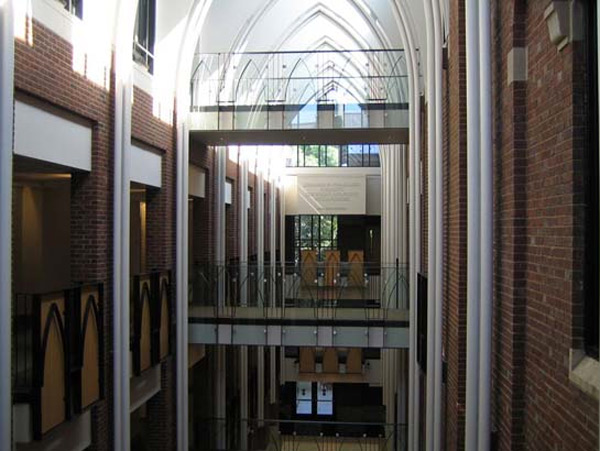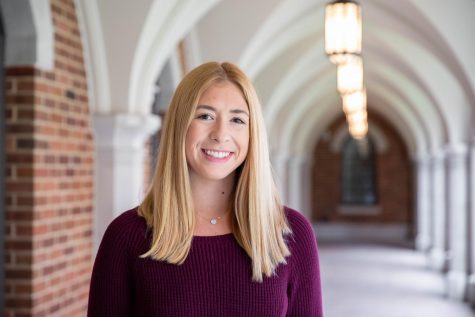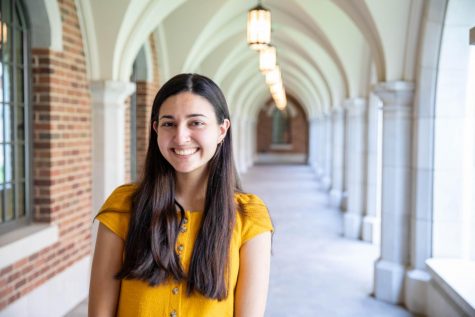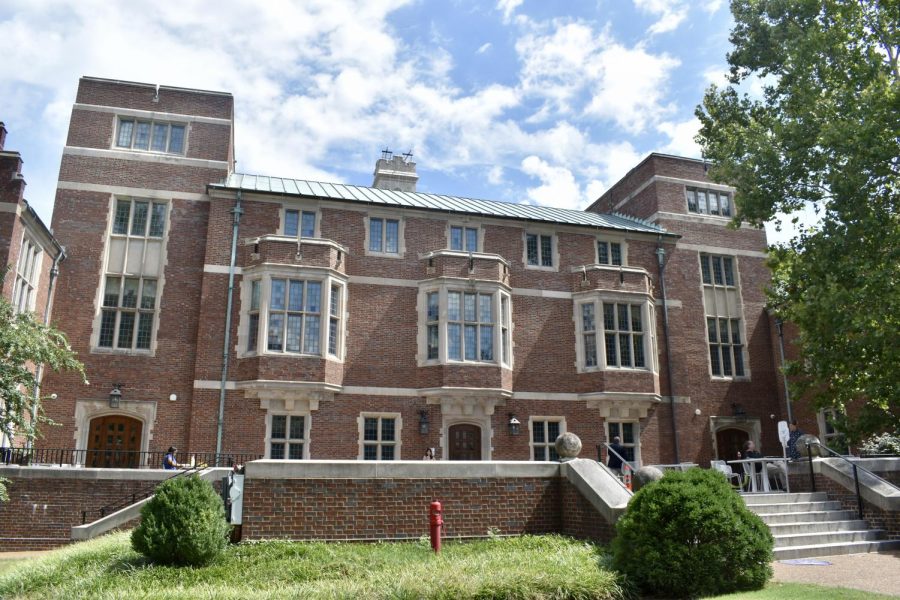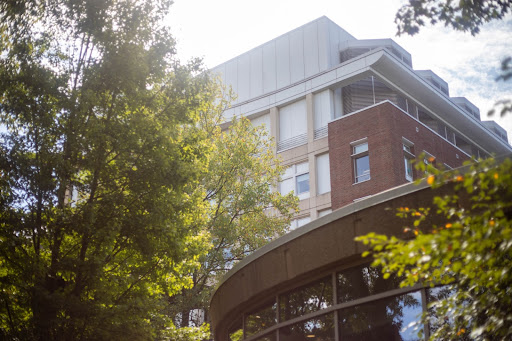Arts and Science (A&S) administration is currently asking the heads of all A&S graduate school departments to convince them that their department is an “area of excellence,” according to Dean of Arts and Science John Geer. As administration asks each department to reconsider the structure of graduate school education, some departments, like French, are having their graduate student admissions put on hold.
“What do you think the probability is that out of 19 graduate departments, they’re all of equal calibre? Zero.” Geer said.
This process of reconsidering the structure and nature of graduate training is expected to take six to eight months, according to Geer. However, some of this restructuring has already begun to occur, sometimes with little warning.
For example, the structural changes and reduction in graduate admissions for the Department of German Studies caught the department by surprise, Director of German Graduate Studies Meike Werner said.
Additionally, the French department called a special meeting Jan. 17 to break the news to current French graduate students that they would not be accepting new French graduate students for the 2020-2021 school year.
During the special meeting, graduate students were told that A&S was cutting 100 doctoral student slots across the school in order to balance the budget, according to French doctoral student Nathan Dize. However, when asked about this claim, Director of Graduate Education Mark Wallace said graduate education at Vanderbilt has only been growing, and that he was unaware of such changes.
“I cannot speak for the graduate school, but the College of Arts and Science has not had such a change in the size of our doctorate programs this year or next,” Geer said in a Jan. 25 email to The Hustler in reference to alleged cuts to the A&S graduate school. “In fact, there has been growth in the numbers the past 5 or so years.”
In a follow-up interview, Geer said that some departments might grow and others may shrink and that overall, administrators want a “leaner and meaner graduate program.”
Chair of the History Department Edward Wright-Rios said in an email to The Hustler that administration asked departments to internally discuss the possibility of admitting fewer students as well as re-evaluate their graduate curriculum.
“Part of the idea is for departments to ponder if we can train less students, but perhaps train them better and make them more competitive when they receive their doctorates,” Wright-Rios said in an email to The Hustler.
Director of English Graduate Studies Vera Kutzinksi said that English exceeded their target number of students last year, so they are accepting six less students this year to return to a “more workable cohort size.”
“No particular worries about this on my end,” Kutzinski said in an email to The Hustler. “The same may not be true for other departments.”
Directors of both the French and German departments are concerned not just for their own fields, but for interdisciplinary tracks within their fields. Werner said that in a few months, the impact of re-strategization will be more clear.
“We have an excellent cohort of students,” Director of French Graduate Studies Nathalie Debrauwere-Miller said in an email to The Hustler. “Quite frankly, it seems as though we are paying the price for being a small program and for having privileged quality over quantity in our past recruitments.”
The French department currently has eight graduate students, and typically accepts two students each year, who teach undergraduate French classes and write a dissertation throughout the duration of their candidacy.
“This is unthinkable in the sense of where the university is going — what’s the plan?” Dize said. “You can’t have excellence in domains and fields of research without graduate students.”
Dize said that Vanderbilt would have to hire more professors to fill the teaching roles left vacant if the university continued to keep French graduate student admission on pause. Furthermore, Dize emphasized the valuable work that graduate students do in academic and mentorship settings. Roughly half the French graduate students last year staffed Maymesters in other departments, Dize said, illustrating interdisciplinary dedication.
“Any time there’s change, there’s nervousness,” Geer said. “People have some investment in the status quo. We need to be even better in graduate education. It’s good, but it needs to be great.”
Some students and professors in the graduate school, however, are unsure about how the restructuring of the graduate school is going to play out.
“There is little transparency about administrative process or goals for us as students, us as workers, us as instructors,” Dize said. “If your program is being cut, what encouragement or incentive do you have to apply to funding from your institution?”

